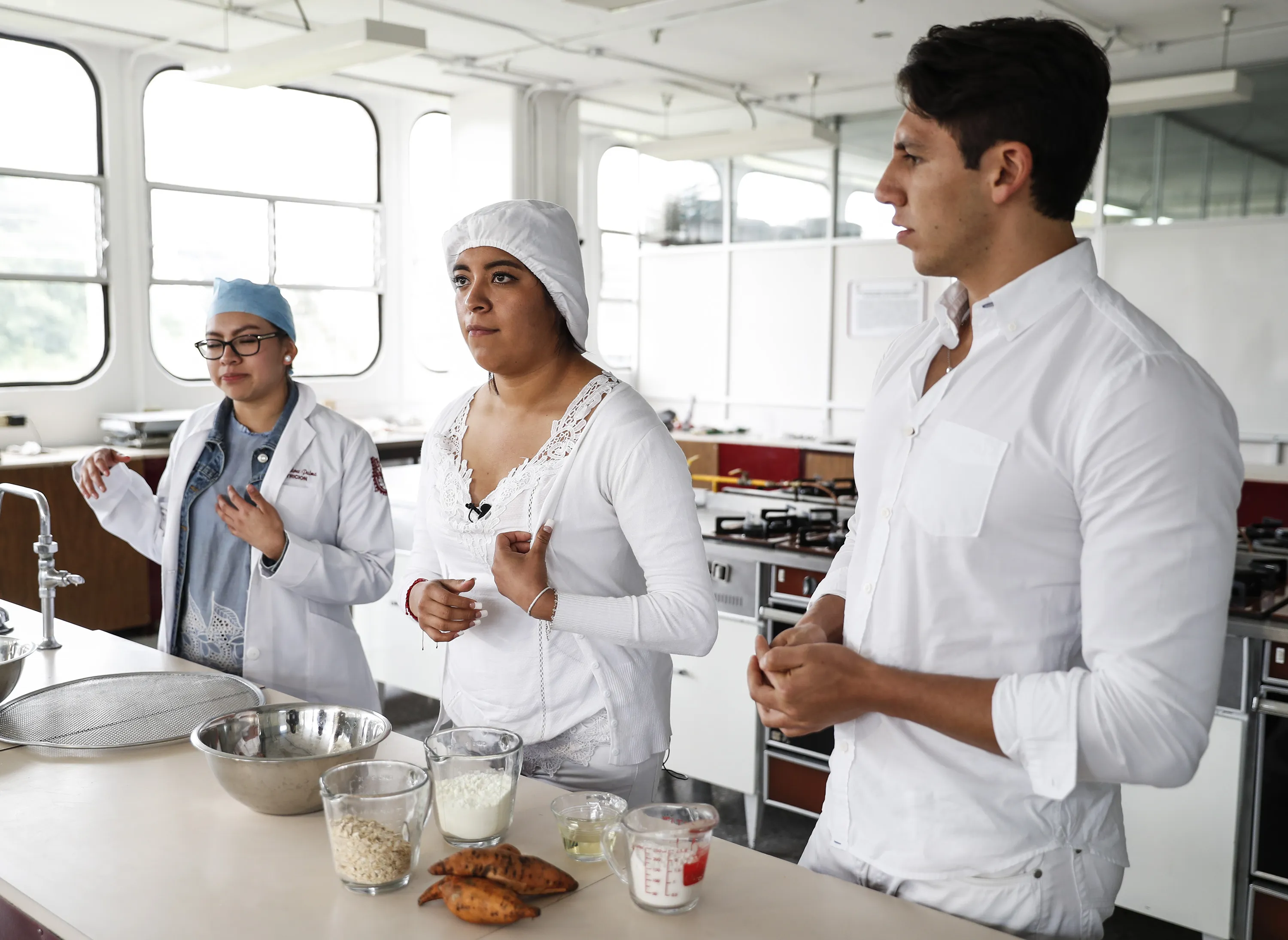On a Saturday morning, thirst woke Berenice Ruiz.Upon returning to his bedroom, he vanished without apparent reason.The next morning, her parents took her to the hospital to study and find out what had caused the fall.Days later, doctors called their home.They had to enter it emergency.
A decompensation in its sugar levels and a strong genetic load caused that at age 15 it was diagnosed with type 1 diabetes. Since then it suffers from this disease.
The doctor told her that she would have to modify certain habits and eat with restrictions, in addition to learning to inject insulin, measure blood glucose levels and exercise.
“For my fortune, I was diagnosed at 15, an age in which I could better understand what was happening.I am aware of what happens to me and I can do something about it. ”
The first change for Berenice was to have to inject and use the glucometer.He learned to do so, because these habits help him to have strict control of his sugar levels and the amount of insulin he must use daily.
"It is tired to be injecting, going to doctors or that my sugar level is not the ideal, even if I try," laments the young woman.
In addition to this, there are foods that you must give up, such as sweet bread.Berenice says it was difficult to leave it, because it is a taste inherited from her father and one of the greatest sacrifices she has made, just like getting used to eating vegetables.
"Sometimes I feel that I get tired of being sick, it's like having a job that you don't like, you go to the office every day, you make a routine and think:‘ I want to resign, but you can't. "
According to the International Diabetes Federation, in the world 542 thousand children live with type 1 diabetes, while 78 thousand develop it.In the case of type 1 or youth diabetes, the pancreas does not produce insulin, a hormone that helps the glucose enter the cells and they produce energy that is necessary for the body, because without it the sugar stays in the blood.
The spokeswoman of the Mexican Diabetes Federation, Dr. María del Mar Aguirre Salmones, commented that in Mexico there is no specific record of people suffering from this disease, there are only data by the Ministry of Health that indicate that the yearAfter there was a rate of five people for every 100 inhabitants who develop type 1 diabetes.
On the other hand, type 2 variant is increasing in Mexico in children, because of obesity.Our country occupies the sixth world place in number of people with diabetes.
In spite of everything, Berenice considers that his life has a normal rhythm and says not to feel different or excluded."There are times that it is necessary to explain what I can or cannot eat, I have never had problems with saying what I have, but it is not necessary to be saying."
Berenice comments that knowing their condition, notes that people know little about the disease and can have a wrong idea that people with diabetes cannot eat almost anything.
“You can really have a normal life, the problem is that, if you do not take care of yourself, doctors begin to tell you that at 30 or 35 you can have a renal failure or some other disease, it is what can impact me, because IThey think I can suffer from it.On that side it is afraid of me, because what they say is true, it is a silent disease, it may not realize, but in the long run you see the results for not taking care of you.
“For me, after getting sick, it was maturing, I am not the same person who was before, I am more comprehensive and I see the world in another way.Before I took things very, now it is not so.I have never felt that nobody understands me, although I was not very healthy, I have knowncarry".


